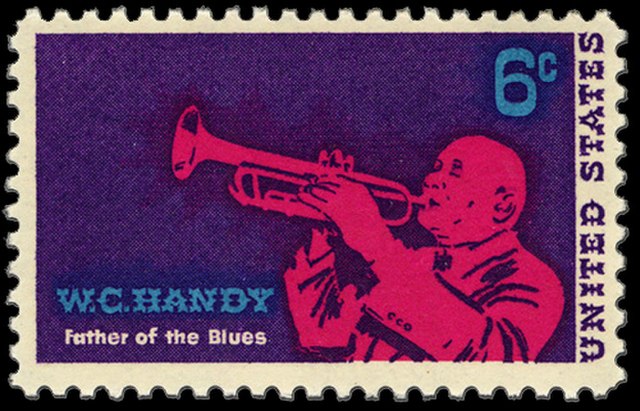
Conclusion
Blues music developed under the musical landscape of the Fisk Jubilee singers in the first decade of the twentieth century. However, several jubilee groups emerged in the smoothness of close harmony and the use of jazz rhythms. For the purposes of this course, the definition of blues is an African American song form based on a poetic musical structure whose lyrics deal with the reality of life experiences. Blues music originated from Slave songs in the South and became influential in the development of jazz, rhythm and blues, rock, and country music throughout the United States.
The three broad styles of blues are Country, Classic, and Urban. Each style has influential performers including, but not limited to, Charles Patton, Son House, and Robert Johnson (Country); Ma Rainey and Bessie Smith (Classical); and Muddy Waters (Urban). William Christopher (W.C.) Handy (musician, songwriter, composer, folklorist) is known as the "Father of the Blues" because of the number of contributions he had in popularizing blues music.






